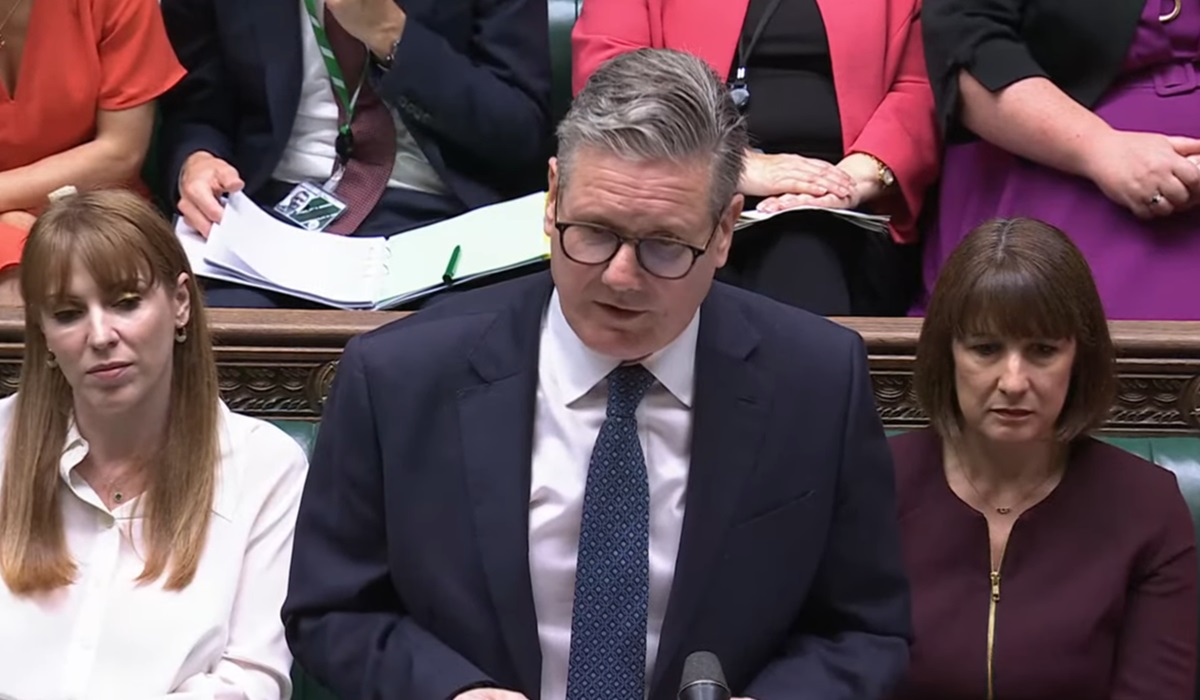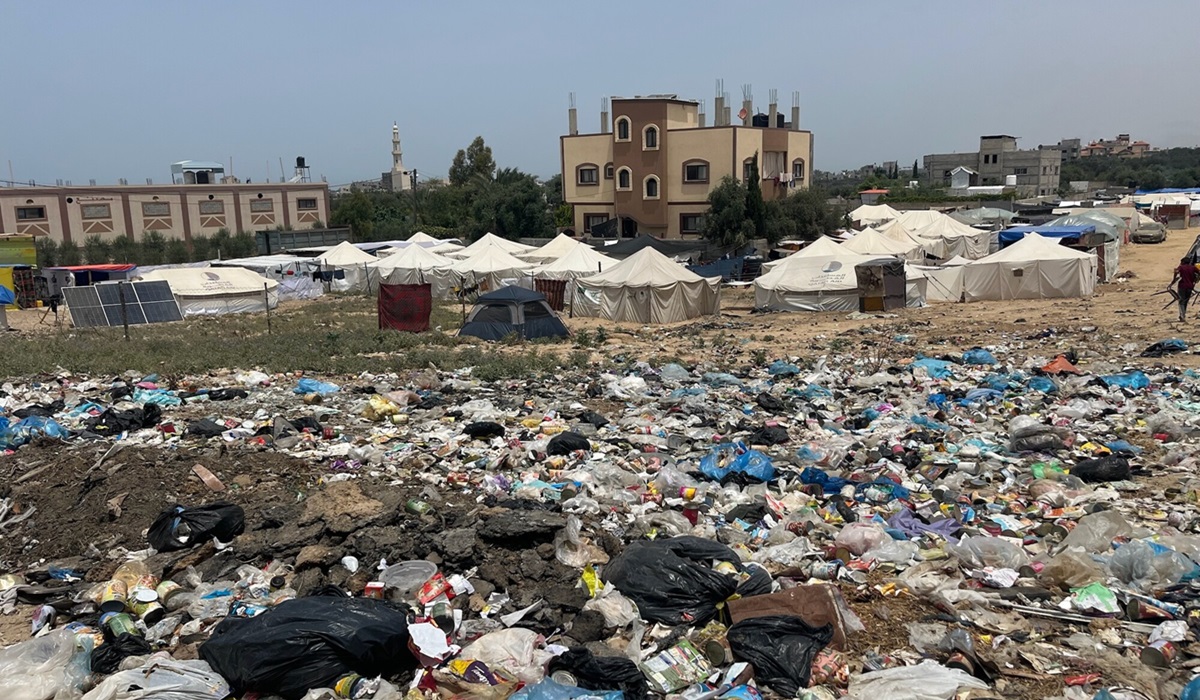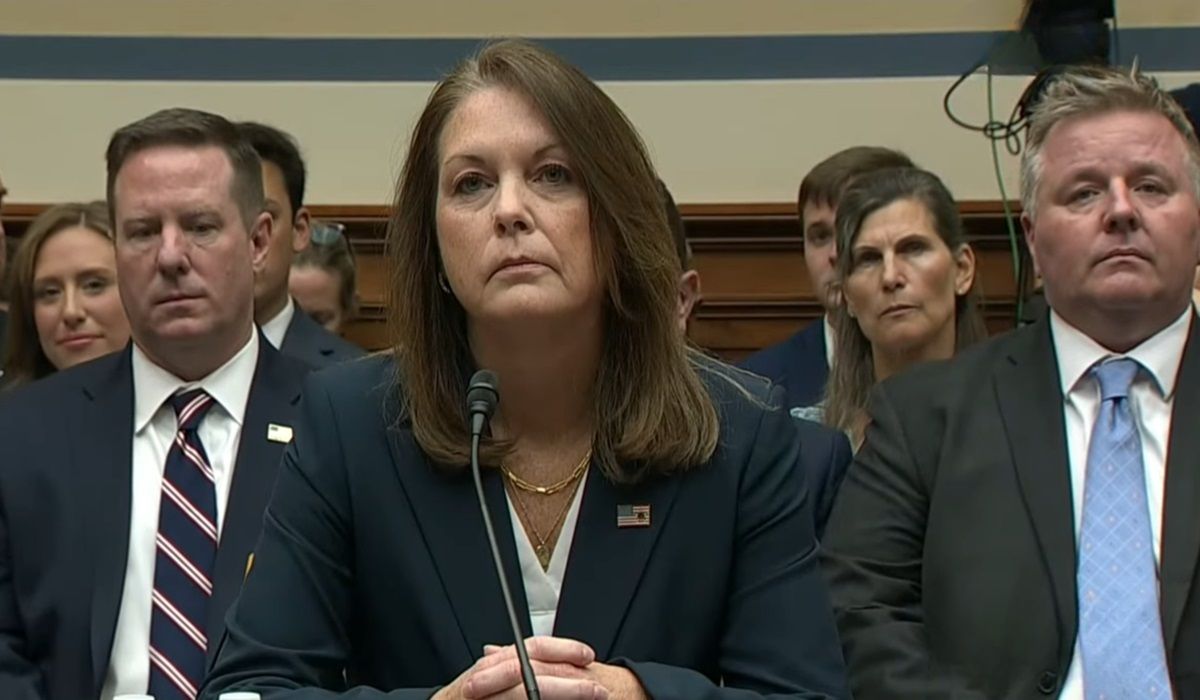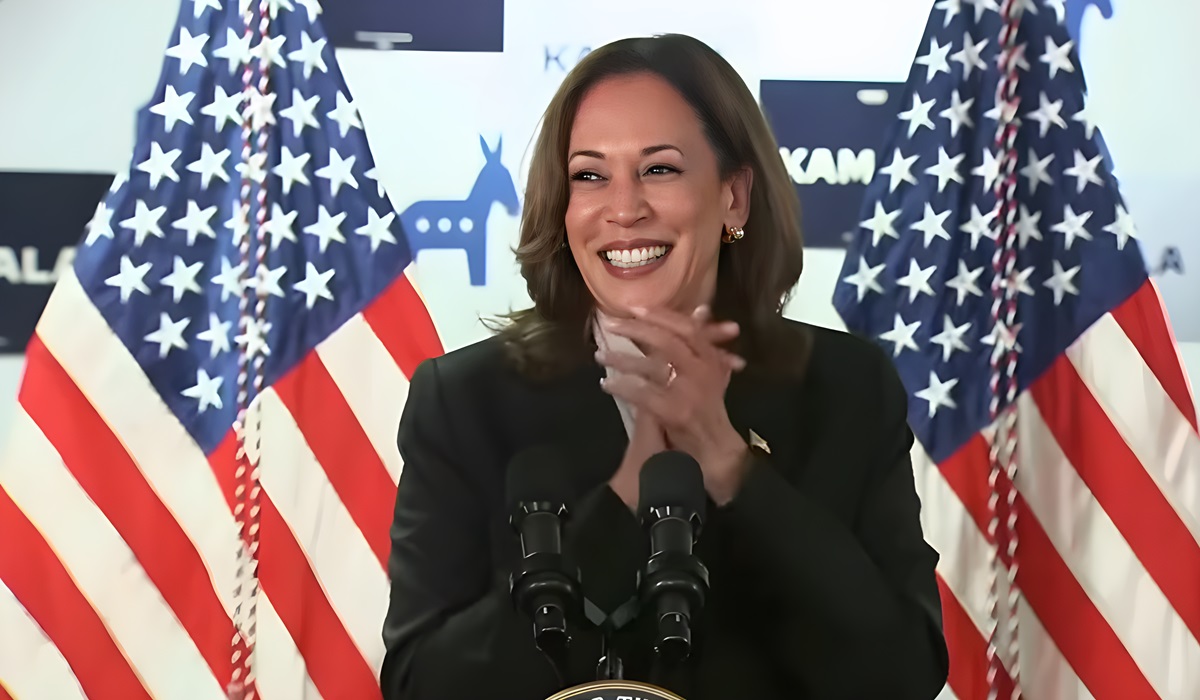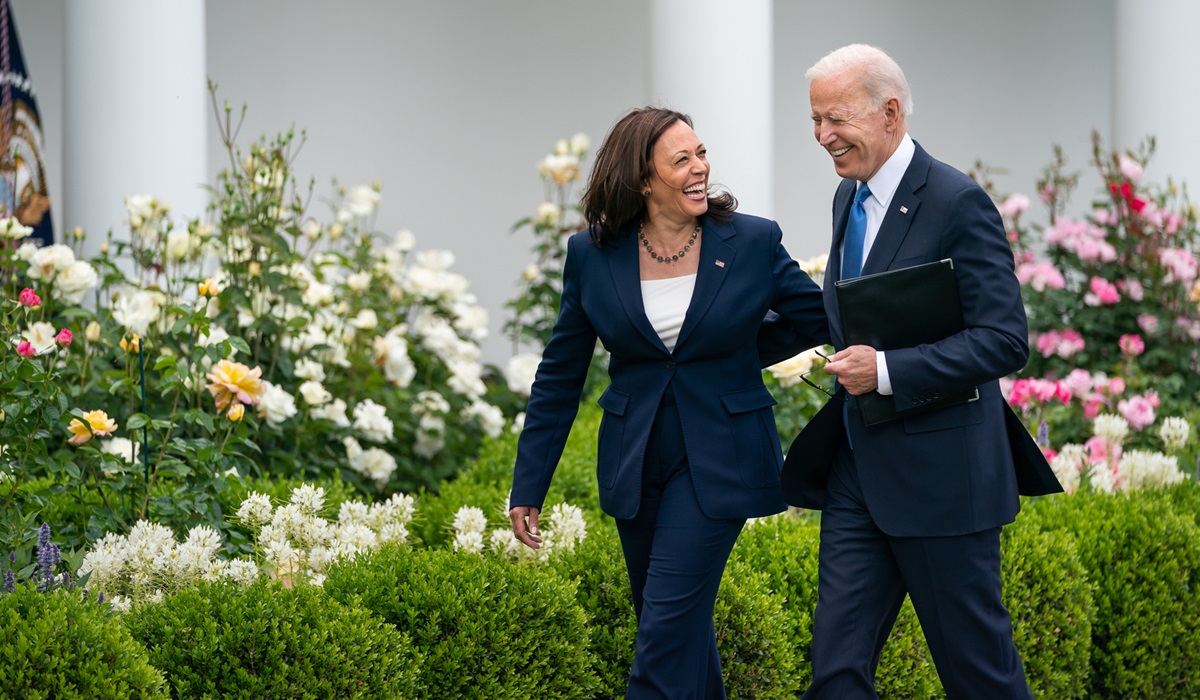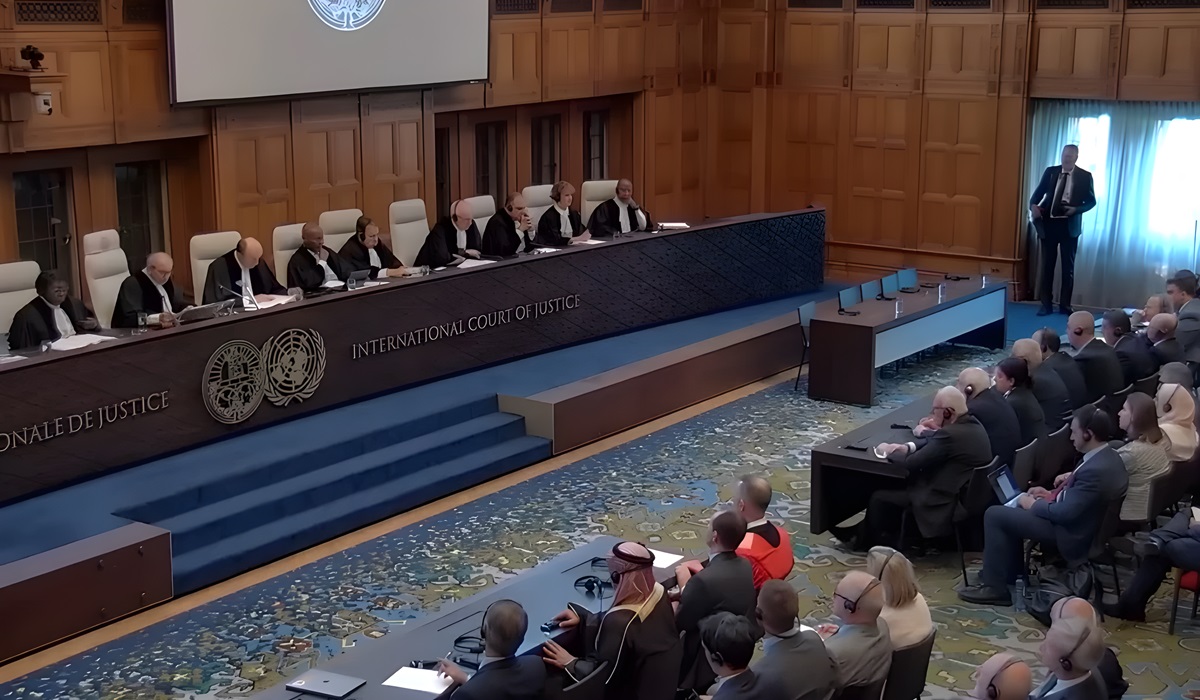What Happens When Governments Lie and Break The Trust of the People?
- TDS News
- Breaking News
- September 23, 2023
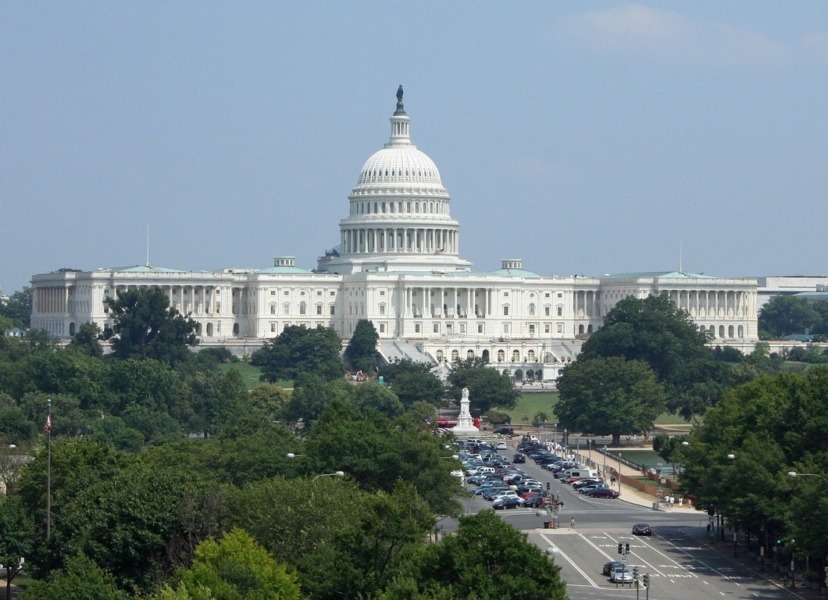
With information overload and ever-evolving narratives, the relationship between citizens and their government is more complex. As we navigate the treacherous waters of misinformation and conflicting reports, we must address the challenging questions that lie at the heart of our democratic society. What should citizens do when they discover their government may be less than truthful on many issues, from vaccines to military engagements, fake wars, spending, tax cuts, healthcare, Medicare, foreign misinformation, and beyond?
First and foremost, citizens must grapple with their emotions upon discovering potential governmental dishonesty. It’s natural to feel a sense of disenfranchisement and betrayal when those in power seem to prioritize their agendas over the well-being of the people they are meant to serve. These feelings are valid and should not be dismissed lightly. However, not letting these emotions cloud our judgment or hinder constructive dialogue is essential.
One possible solution lies in the pursuit of truth and transparency. Citizens have a right to demand accountability from their government. Instead of succumbing to cynicism, they can channel their frustration into productive actions. In a functioning democracy, citizens can seek answers, such as through freedom of information requests, investigative journalism, and open discourse with elected officials.
Trust is the cornerstone of any healthy democracy. Governments should recognize that the erosion of citizen trust can have catastrophic consequences. A government that loses the trust of its citizens is akin to a ship adrift in turbulent waters, risking instability, unrest, and societal division. Thus, there must be a balance between the need for secrecy in certain matters, such as national security, and the imperative of maintaining transparency and accountability.
Citizens should not be expected to accept a “healthy dose” of lies. In a democracy, honesty should be the standard, not the exception. Governments should strive to provide truthful and accurate information to their citizens, even if the answers are difficult or uncomfortable. While there may be strategic reasons for withholding some information temporarily, this should be the exception rather than the rule.
Conversely, citizens also bear a responsibility in this equation. They should hold themselves to a high standard of civil discourse, even when confronted with deception or misinformation. Resorting to anger and division only exacerbates the problem. Instead, citizens should engage in constructive dialogue, fact-checking, and a commitment to evidence-based decision-making. Citizens have the right to expect truth and transparency from their government, but they must also approach these revelations with critical thinking and a commitment to constructive dialogue. Governments, in turn, should recognize that trust is an invaluable asset that should never be squandered. The path forward requires a mutual commitment to the principles of democracy and a shared belief in the power of truth to guide us through even the most challenging of times.

